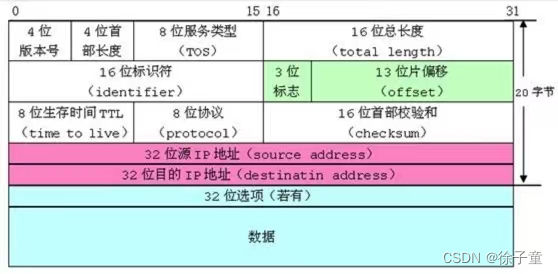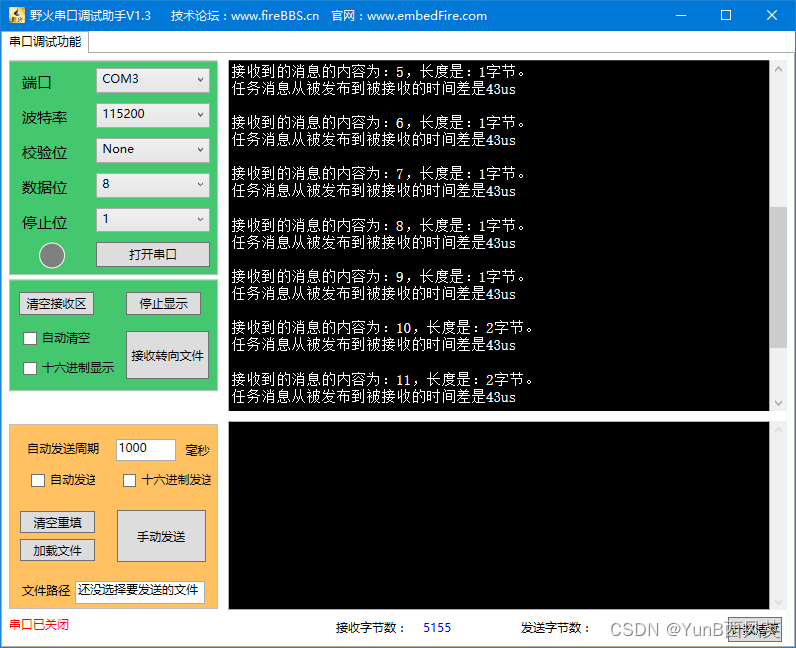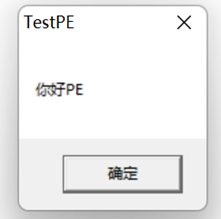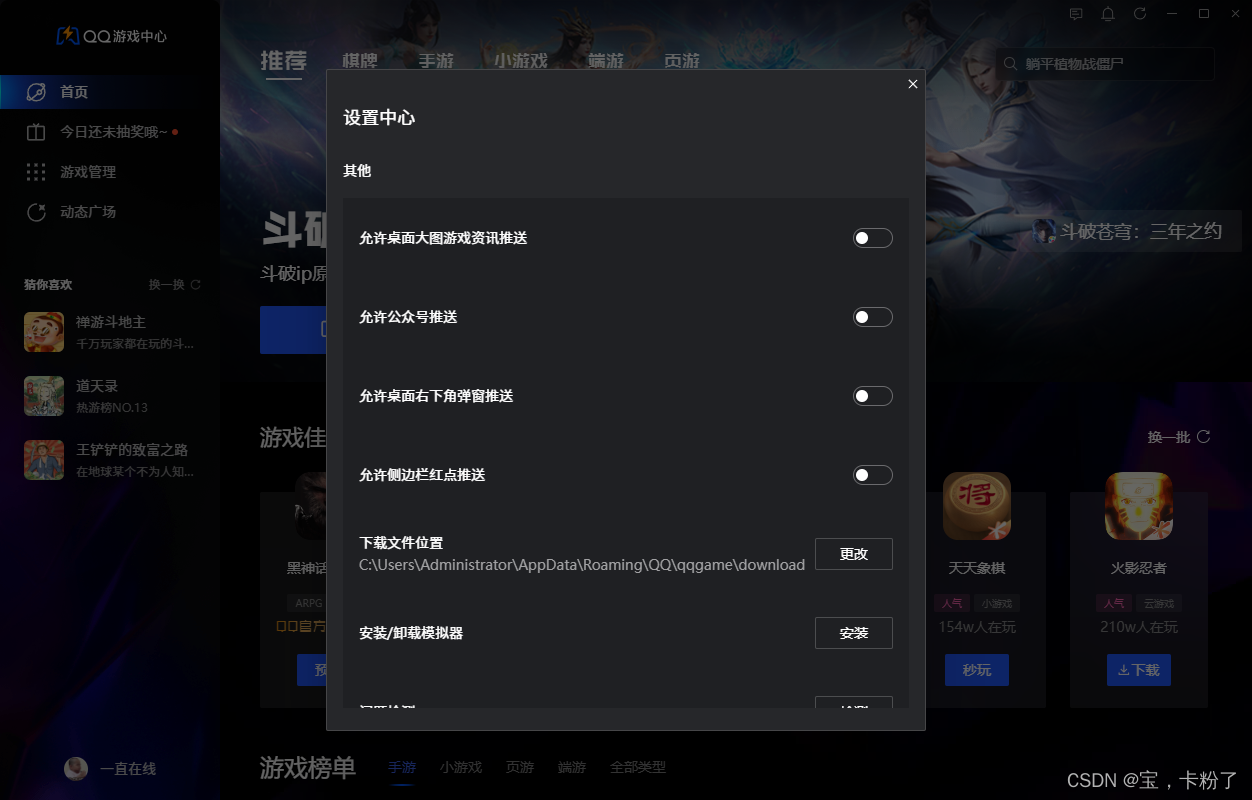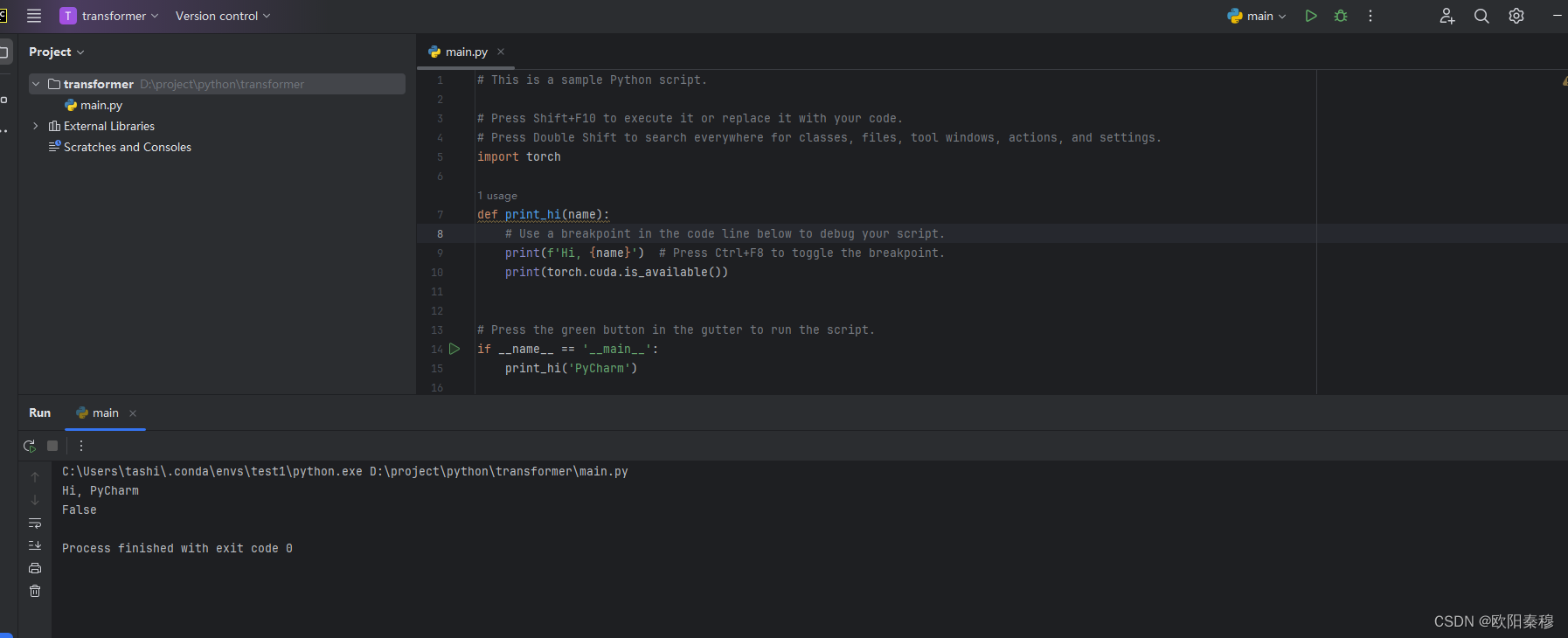1. 新建run.py文件,并定义相关接口:
import numpy as np
from scipy.fftpack import fftdef str_add(str1,str2):return int(str1) + int(str2)def my_sort(data):data.sort()return datadef aw_fft(data, Fs):N = len(data)result = np.abs(fft(x=data, n=N) / N) * 2axisFreq = np.arange(int(N / 2)) * Fs / Nresult = result[range(int(N / 2))]idx = np.argmax(result)return axisFreq[idx]
2. 将run.py文件拷入c++工程目录下:
- 项目->属性->VC++目录->包含目录->添加python头文件路径(C:\Python38\include);
- 链接器->常规->附加库目录->添加python库路径(C:\Python38\libs);
- 链接器->输入->输入python38.lib;
2.1 c++中直接运行python代码
#include <Python.h>
#include <iostream>
#include <math.h>
using namespace std;int main()
{// 初始化Python解释器Py_Initialize();// 检查初始化是否成功if (!Py_IsInitialized()) {return -1;}// 直接运行Python代码PyRun_SimpleString("import numpy as np\n");PyRun_SimpleString("print(np.sort(np.array([3,2,5,8,1])))");// 结束python运行环境Py_Finalize();
}
2.2 c++中调run.py中的str_add接口
#include <Python.h>
#include <iostream>
#include <math.h>
using namespace std;int main()
{PyObject* pModule;PyObject* pFun;PyObject* pResult;PyObject* pArgs;// 初始化Python解释器Py_Initialize();// 检查初始化是否成功if (!Py_IsInitialized()) {return -1;}// 定位到python脚本所在目录PyRun_SimpleString("import sys\n");PyRun_SimpleString("sys.path.append('.')\n");// 导入py文件,文件名即可,不需要带后缀.pypModule = PyImport_ImportModule("run");if (!pModule) {printf("error1\n");exit(0);}// 获取模块中函数pFun = PyObject_GetAttrString(pModule, "str_add");if (!pFun) {printf("error2\n");exit(0);}// 创建参数string s1 = "33";string s2 = "66";pArgs = Py_BuildValue("(ss)", s1.c_str(), s2.c_str());// 调用函数pResult = PyObject_CallFunction(pFun, "O", pArgs);int res = PyLong_AsLong(pResult);printf("result=%d\n", res);// 使用结束后,释放掉这些Python对象Py_DECREF(pModule);Py_DECREF(pFun);Py_DECREF(pResult);Py_DECREF(pArgs);// 结束python运行环境Py_Finalize();return 0;
}
2.3 c++中调run.py中的my_sort接口
#include <Python.h>
#include <iostream>
#include <math.h>
using namespace std;int main()
{PyObject* pModule;PyObject* pFun;PyObject* pResult;PyObject* pArgs;// 初始化Python解释器Py_Initialize();// 检查初始化是否成功if (!Py_IsInitialized()) {return -1;}// 定位到python脚本所在目录PyRun_SimpleString("import sys\n");PyRun_SimpleString("sys.path.append('.')\n");// 导入py文件,文件名即可,不需要带后缀.pypModule = PyImport_ImportModule("run");if (!pModule) {printf("error1\n");exit(0);}// 获取模块中函数pFun = PyObject_GetAttrString(pModule, "my_sort");// 创建参数pArgs = Py_BuildValue("[i,i,i,i,i]", 4,2,6,3,1);pResult = PyObject_CallFunction(pFun, "O", pArgs);printf("result=%d\n", PyList_Size(pResult));for (int i = 0; i < PyList_Size(pResult); i++) {PyObject* b = PyList_GetItem(pResult, i);int bi = _PyLong_AsInt(b);cout << bi << endl;}// 使用结束后,释放掉这些Python对象Py_DECREF(pModule);Py_DECREF(pFun);Py_DECREF(pResult);Py_DECREF(pArgs);// 结束python运行环境Py_Finalize();return 0;
}
2.4 c++中调run.py中的aw_fft接口
#include <Python.h>
#include <iostream>
#include <math.h>
using namespace std;int main()
{PyObject* pModule;PyObject* pFun;PyObject* pResult;PyObject* pArgs;// 初始化Python解释器Py_Initialize();// 检查初始化是否成功if (!Py_IsInitialized()) {return -1;}// 定位到python脚本所在目录PyRun_SimpleString("import sys\n");PyRun_SimpleString("sys.path.append('.')\n");// 导入py文件,文件名即可,不需要带后缀.pypModule = PyImport_ImportModule("run");if (!pModule) {printf("error1\n");exit(0);}// 获取模块中函数pFun = PyObject_GetAttrString(pModule, "aw_fft");if (!pFun) {printf("error2\n");exit(0);}PyObject* list = PyList_New(1000);for (int i = 0; i < 1000; i++) {double temp = sin(2 * 3.14 * 235 * i / 6000);PyList_SetItem(list, i, PyFloat_FromDouble(temp)); }PyObject* Fs = Py_BuildValue("i", 6000);pArgs = PyTuple_Pack(2, list, Fs);pResult = PyObject_CallFunction(pFun, "O", pArgs);printf("%.2f\n", PyFloat_AsDouble(pResult));// 使用结束后,释放掉这些Python对象Py_DECREF(pModule);Py_DECREF(pFun);Py_DECREF(pResult);Py_DECREF(pArgs);// 结束python运行环境Py_Finalize();return 0;
}
3. c++中将python接口编译dll文件
在dllmain.cpp中添加如下接口:
#include "utils.h"
#include <Python.h>
#include <iostream>float aw_fft(const char* py_name, const char* fun_name, double* data, int data_cnts, int Fs)
{PyObject* pModule;PyObject* pFun;PyObject* pArgs;PyObject* pResult;// 初始化Python解释器Py_Initialize();// 检查初始化是否成功if (!Py_IsInitialized()) {return -1;}// 定位到脚本所在目录PyRun_SimpleString("import sys\n");PyRun_SimpleString("sys.path.append('.')\n");// 导入py文件,写文件名即可,不需要带后缀.pypModule = PyImport_ImportModule("run");if (!pModule) {printf("error1\n");exit(0);}// 获取模块中函数pFun = PyObject_GetAttrString(pModule, "aw_fft");if (!pFun) {printf("error2\n");exit(0);}// 创建列表对象PyObject* list = PyList_New(data_cnts);for (int i = 0; i < data_cnts; i++) {PyList_SetItem(list, i, PyFloat_FromDouble(data[i]));}// 创建整形对象PyObject* sample = Py_BuildValue("i", Fs);// 创建参数pArgs = PyTuple_Pack(2, list, sample);// 调用函数pResult = PyObject_CallFunction(pFun, "O", pArgs);float result = PyFloat_AsDouble(pResult);// 释放对象Py_DECREF(pModule);Py_DECREF(pFun);Py_DECREF(pResult);Py_DECREF(pArgs);// 结束python运行环境Py_Finalize();return result;
}新建utils.h文件:
#define CREATDLL_EXPORTS#ifdef CREATDLL_EXPORTS
#define DLL_API __declspec(dllexport)
#else
#define DLL_API __declspec(dllimport)
#endifextern "C" DLL_API void add_fun(int a, int b, int& c);
extern "C" DLL_API float aw_fft(const char* py_name, const char* fun_name, double* data, int data_cnts, int Fs);生成解决方案,生成lib和dll文件,将util.h及Dll1.lib和Dll.dll文件拷入c++工程供调用:
#include <iostream>
#include"utils.h"using namespace std;#pragma comment (lib, "Dll1.lib")
int main()
{double data[1000] = { 0 };for (int i = 0; i < 1000; i++) {data[i]= sin(2 * 3.14 * 235 * i / 6000);}const char* py_name = "run";const char* fun_name = "aw_fft";float res = aw_fft(py_name, fun_name, data, 1000, 6000);cout << res << endl;
}
c++能调用python的接口吗 c++调用python程序

